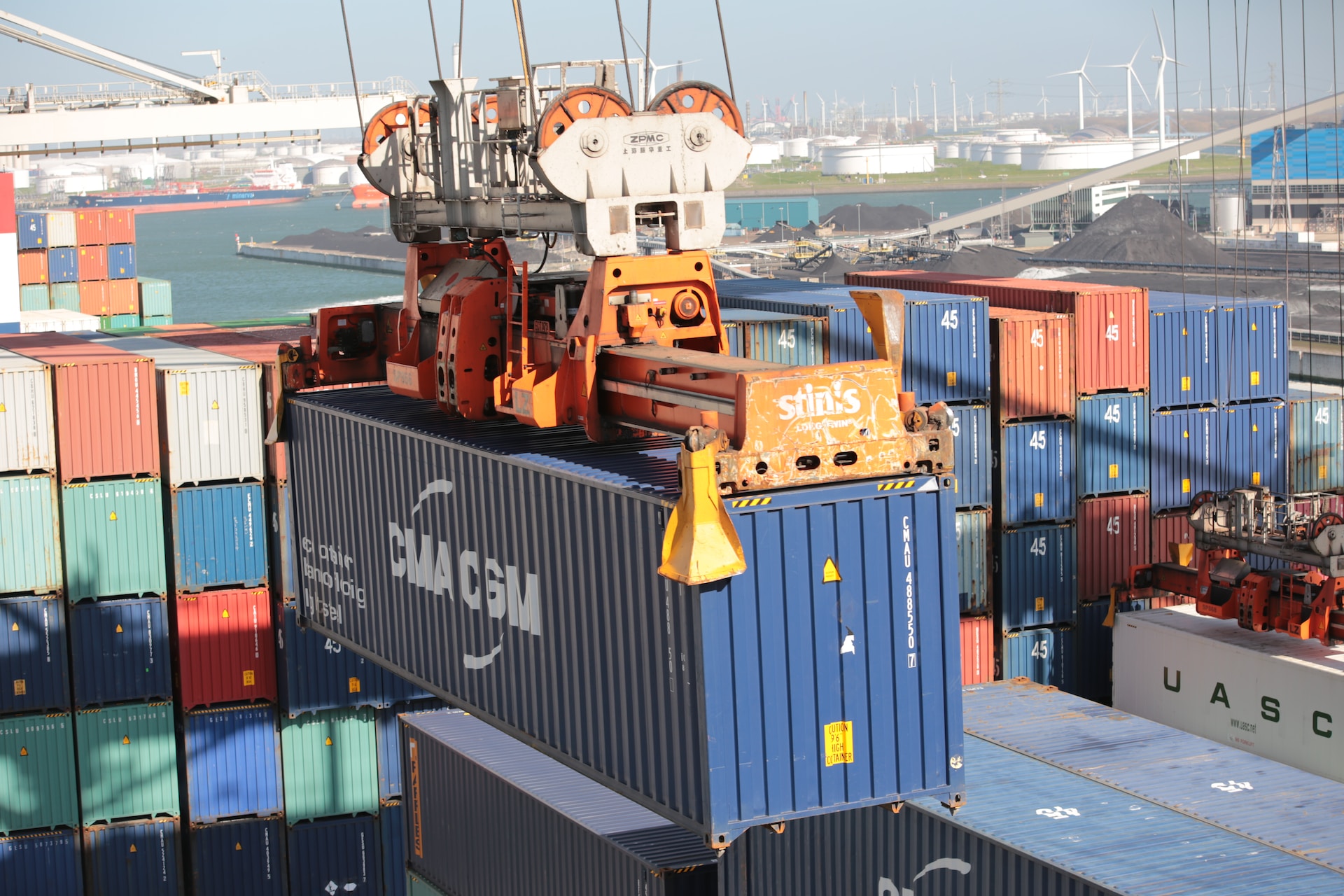First-time importers may find the process difficult, but with proper preparation, research, and comprehension of the procedure, it may be a fruitful venture. First-time importers can effectively traverse the world of global trade and build a successful import business by following the instructions provided in this tutorial.
Market Research and Product Selection
It's crucial to carry out in-depth market research to ascertain the demand for the goods you're thinking about importing before you start importing. Examine the possible profit margins, the competitors, and your target market. Select a product that supports your company's goals and has a good chance of succeeding in your market.
Identifying Suppliers
The success of your import business depends on finding trustworthy suppliers. To find manufacturers and suppliers, use websites like Alibaba, Global Sources, or trade directories. Visit trade exhibits and events to meet possible business partners. Perform due diligence to confirm the providers' authenticity and the caliber of their offerings by requesting samples and quotes from a variety of sources.
Calculate Costs and Establish Terms
Calculate all import-related expenses prior to signing a contract, including manufacture, shipping, customs charges, taxes, and insurance. Discuss conditions with your supplier, such as lead times, payment terms, and delivery terms (Incoterms). To prevent misunderstandings and disagreements, make sure the agreement is explicit and well-documented.
Compliance with Regulations
Make sure you are familiar with both the import and export laws of the supplier's and your own countries. Verify that the product complies with all applicable certifications, labeling regulations, and safety and quality standards. For assistance with regulatory compliance, speak with a customs broker or trade consultant.
Arrange Shipping and Logistics
Plan the logistics and transportation of your imported items. Based on aspects including cost, transit time, and the size and weight of your item, choose the shipping mode that best suits your needs (air, sea, rail, or road). Hire a trustworthy freight forwarder to take care of the shipping and paperwork.
Customs Clearance
Create the necessary import paperwork, including the commercial invoice, packing list, and bill of lading. To make sure your consignment conforms with all customs rules and to speed up the customs clearing procedure, work with a customs broker. Upon your shipment's arrival, pay any customs fees and taxes that may be due.
Quality Control and Inspection
When you receive your shipment, check the products for quality and compliance with the specified requirements. Check the products' quality to make sure they live up to your expectations and adhere to any regulations. Any differences or problems should be discussed right away with your supplier.
Marketing and Distribution
Create a marketing plan to advertise and market your imported goods. To reach your target demographic, make use of a variety of marketing platforms, including social media, online advertising, and email marketing. Create a distribution network to guarantee prompt client delivery of your products.
Related Information







